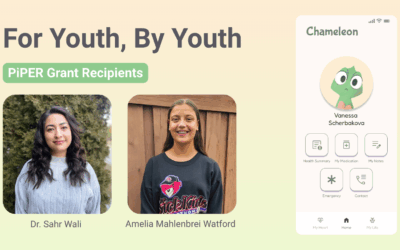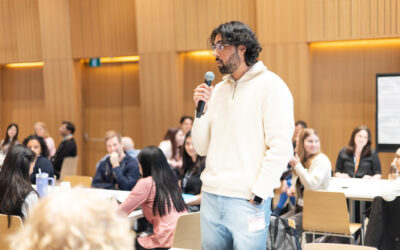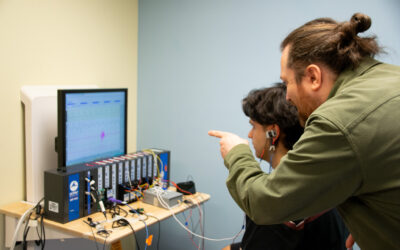At TRANSFORM HF, the needs and perspectives of those living with heart failure are integral to every step we take towards realizing our vision. We require the help of people with lived experience (PWLE) – patients, caregivers, and family members – to plan the best research projects, test and conceptualize new technologies, and explore how heart failure care can and should be improved.
In practice, it’s not always straightforward for researchers to involve patient partners in their research projects or for PWLE who would like to be engaged.
Enter: Our Foundations course. Delivered as a three-part workshop series, the course is designed to train and empower PWLE to engage in cardiovascular research. To ensure patient voices and perspectives are reflected in the course, we enlisted the support of three experienced TRANSFORM HF patient partners – Todd Murray, Rene Adams, and Heather Cartwright – to support its end-to-end development, including course design, facilitation, and evaluation.
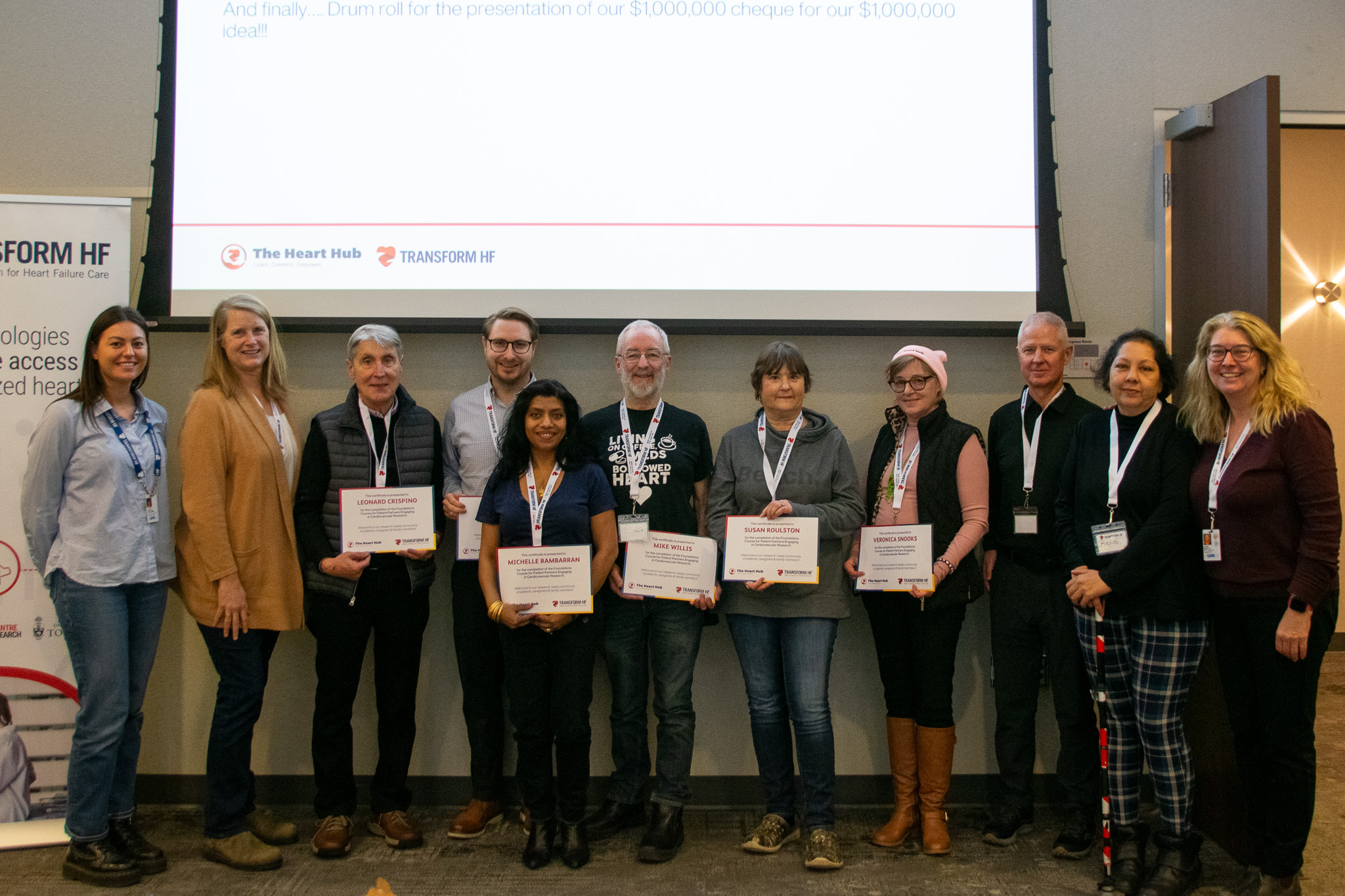
Course graduates and facilitators at the final session.
These valued partners use their lived experience to advocate for innovative, patient-centered research and care. “My own journey with heart failure has given me firsthand insight into the challenges and needs of patients,” shares Todd, who has contributed to a variety of clinical research projects and key resources over the years, such as the Heart Failure Medications Guide distributed through the Peter Munk Cardiac Centre. For Todd, engagement in research is a channel where he can push for innovative solutions, with the potential to create meaningful change through outcomes such as earlier intervention, improved management, and ultimately, greater quality of life.
Foundations aims to embody this ethos. In our inaugural cohort, we took nine PWLE through an engaging mix of theoretical content, experiential learning, and case studies. The first two sessions were delivered online, introducing foundational lessons and skills. In the final workshop, participants had the opportunity to meet researchers from the University Health Network to speak about their real-world projects, with the potential to be invited on as a PWLE partner through a matchmaking activity.
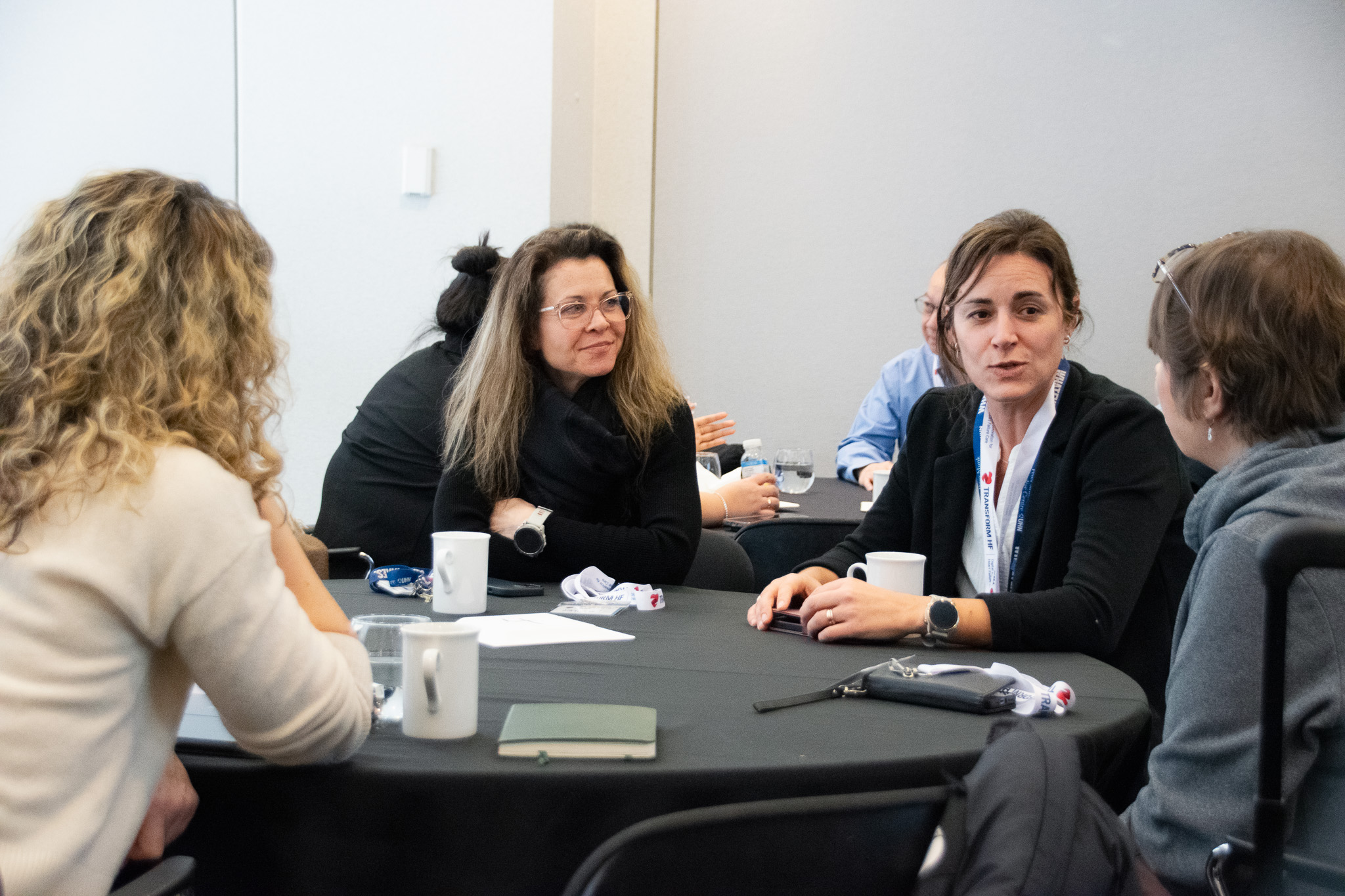
Researchers and PWLE participating in the matchmaking activity during the final session.
Recognizing the need for practical resources to support participants on their research journey, we also created a set of guides designed for both researchers and PWLE. These materials – co-developed by TRANSFORM HF patient partner, Sheila Gariepy – reinforce lessons from the course, with the goal of improving meaningful engagement.
To help put words to the Foundations experience, we asked Ryan Fedurco, a course participant, and Alana Ogata, a participating researcher, to reflect with us.
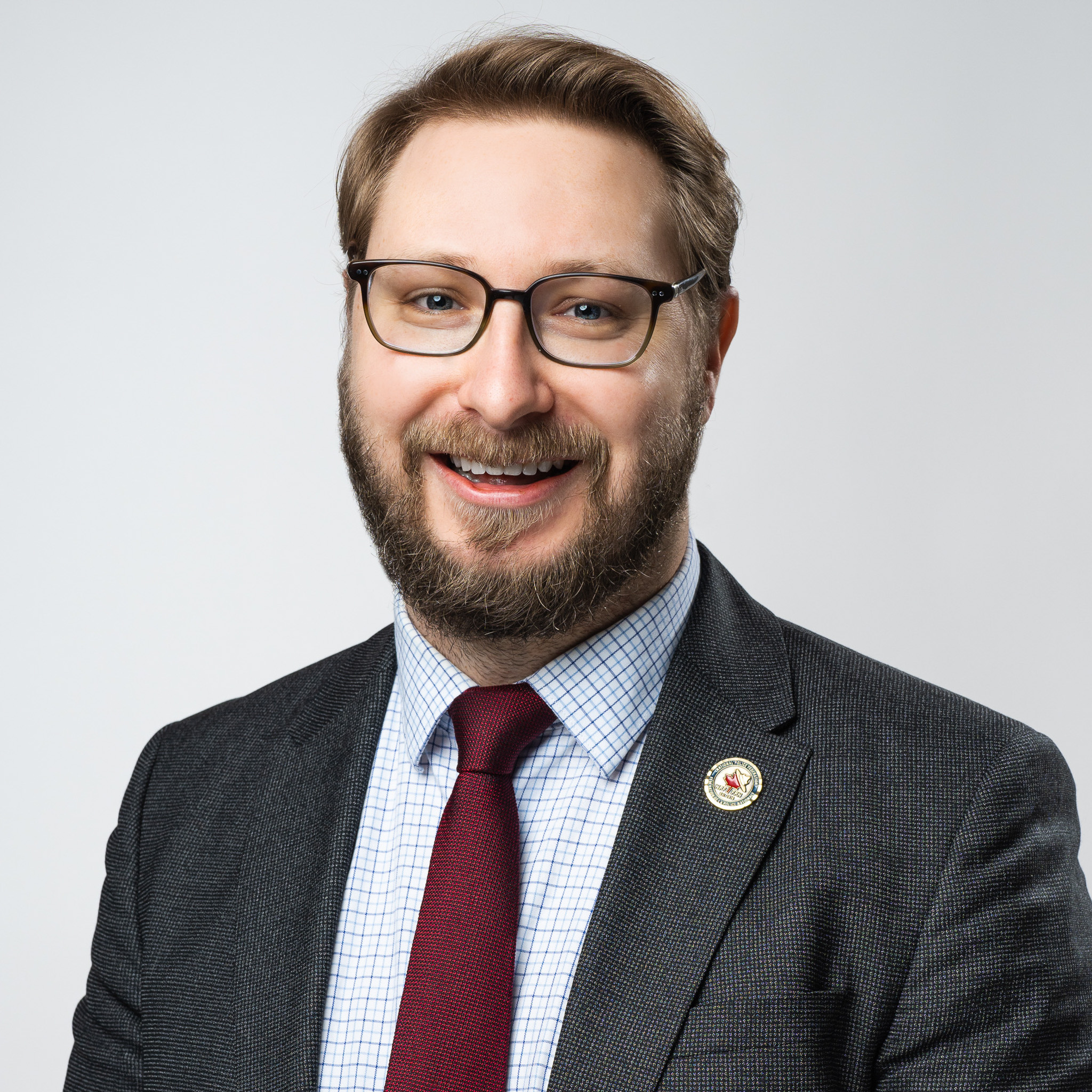
Ryan Fedurco
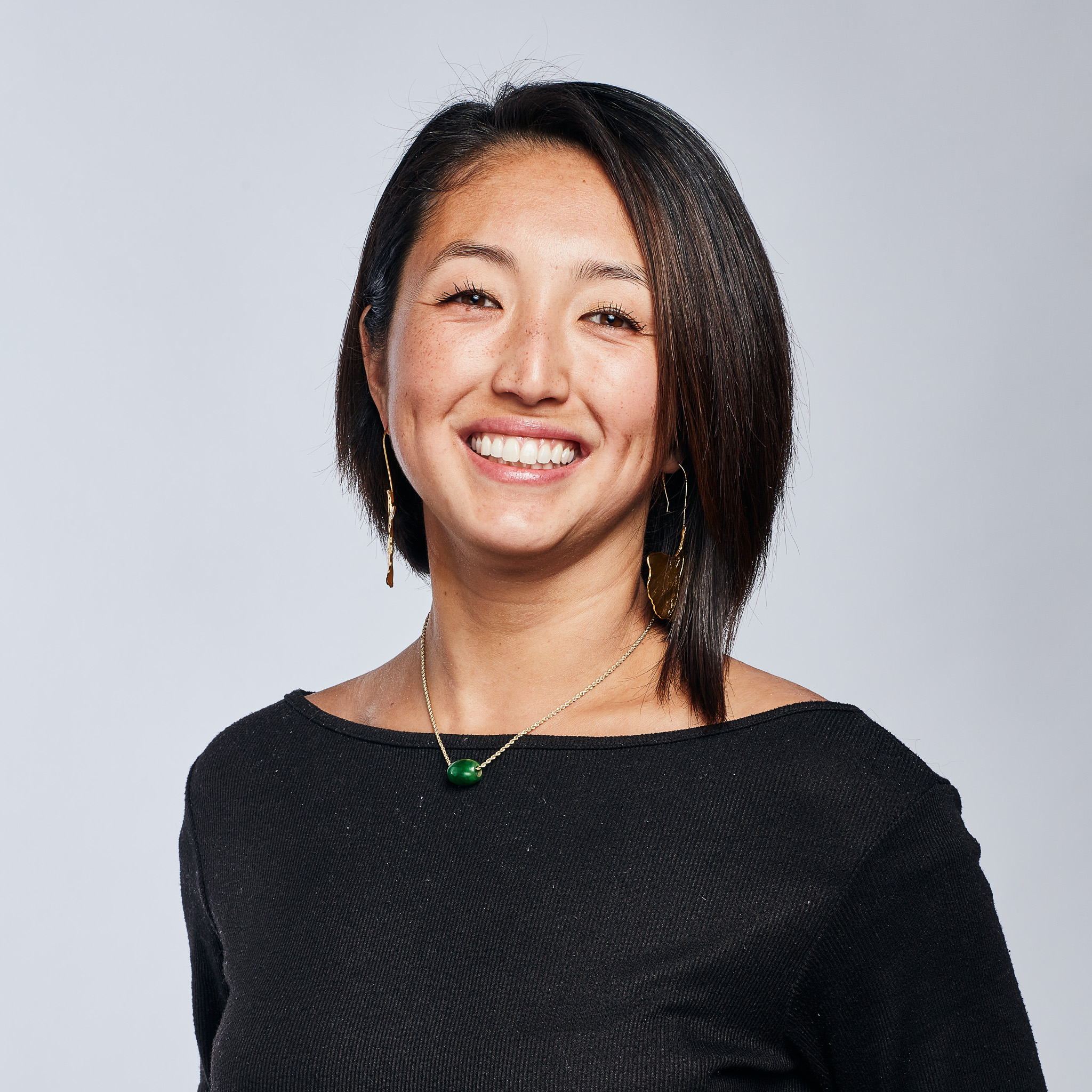
Alana Ogata
What was your experience speaking with the different PWLE and researchers during the workshop? Did anything surprise you?
Ryan: It was inspiring to connect with a research community that is so incredibly passionate about improving cardiovascular care. One of the things that really surprised me was how open the researchers were to hearing directly from patients – they really wanted to understand our experiences, concerns, and hopes for future treatments. I hadn’t expected that kind of genuine interest in our voices. It felt like the research process was shifting to become more patient-centered, which is reassuring.
It was also fascinating to learn about the wide range of research projects that are underway and planned for the coming years. From discovering innovative ways to keep heart patients out of hospitals to using AI to enhance studies, it was incredible to see that there is a bright future ahead for the heart health community.
Alana: I’m always surprised by how much I learn from interacting with patients; their stories and experiences really inspire new ideas and questions for me as a researcher. It’s extremely motivating. This is not a surprise, but I’m always impressed by how knowledgeable PWLE are about their health condition – and I am grateful to learn from them.
What is your biggest takeaway from the Patient Engagement in Research course?
Ryan: Learning how much patients can contribute to the research process. We often think of research as something done in labs or clinics by scientists and doctors, but the insights patients bring — from our lived experiences to our day-to-day challenges — are incredibly valuable. The course showed me that patient engagement isn’t just about participating in a clinical trial or patient feedback survey; it’s about actively collaborating and being part of the decision-making that shapes the future of healthcare. It made me feel like I was truly a part of something bigger than myself.
Alana: There is a lot to learn from a small group of dedicated, thoughtful people. We do not need population wide studies to gain important perspectives of PWLEs that could impact our research and better align our research with real-world needs.
In my field of sensor science, it is common to focus on the technical specifications and build a new technology in the lab without interaction with the end users until much later stages. Often, the technology is not usable or adoptable by the person it was meant to impact. I’m a big proponent of engaging PWLE in an early and ongoing capacity to identify unmet clinical needs that then drive our technological innovations in the lab. This workshop absolutely reinforced this framework my lab is trying to implement.
I hope future research will ensure that patients’ voices are always heard and integrated into every step of the process, making sure that the treatments of tomorrow are truly what patients need.
– Ryan Fedurco
We hope to continue running the Foundations course annually, growing our local network of engaged and research-ready PWLE partners. If you’re interested in participating in a workshop like this in future, please email Augusta Lipscombe (a.lipscombe@utoronto.ca).
Want to learn more?
Explore our resources for people with lived experience as well as current opportunities to participate in research related to heart failure.
Sign-up for our monthly newsletter and follow along on LinkedIn and Bluesky so you never miss out on upcoming news and opportunities!

